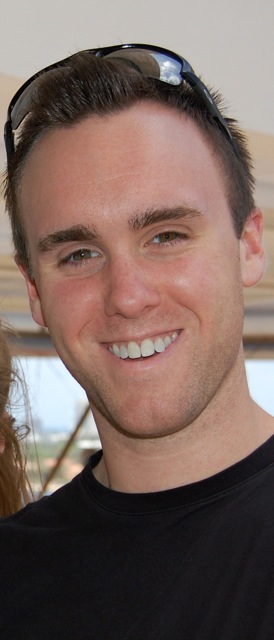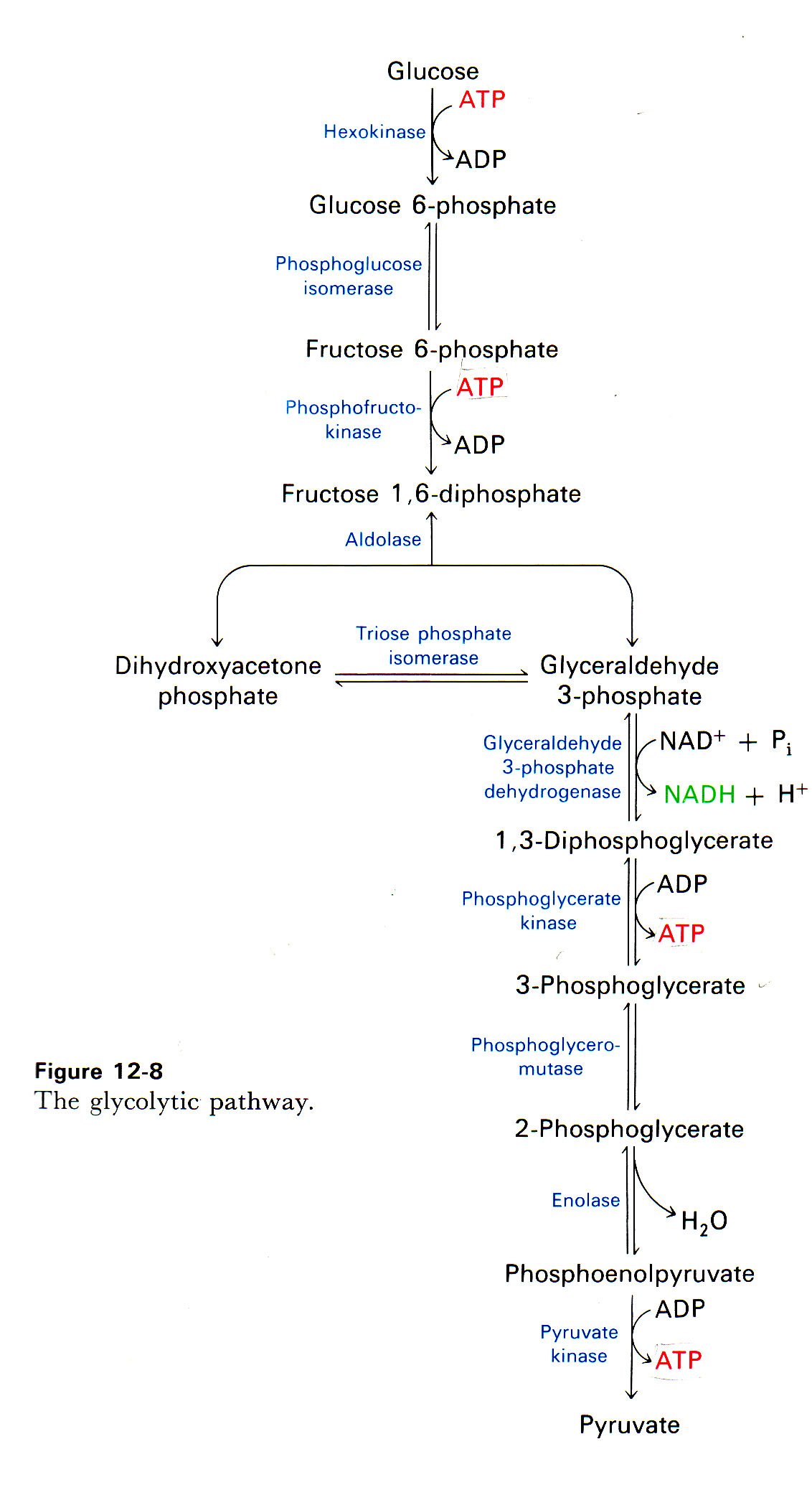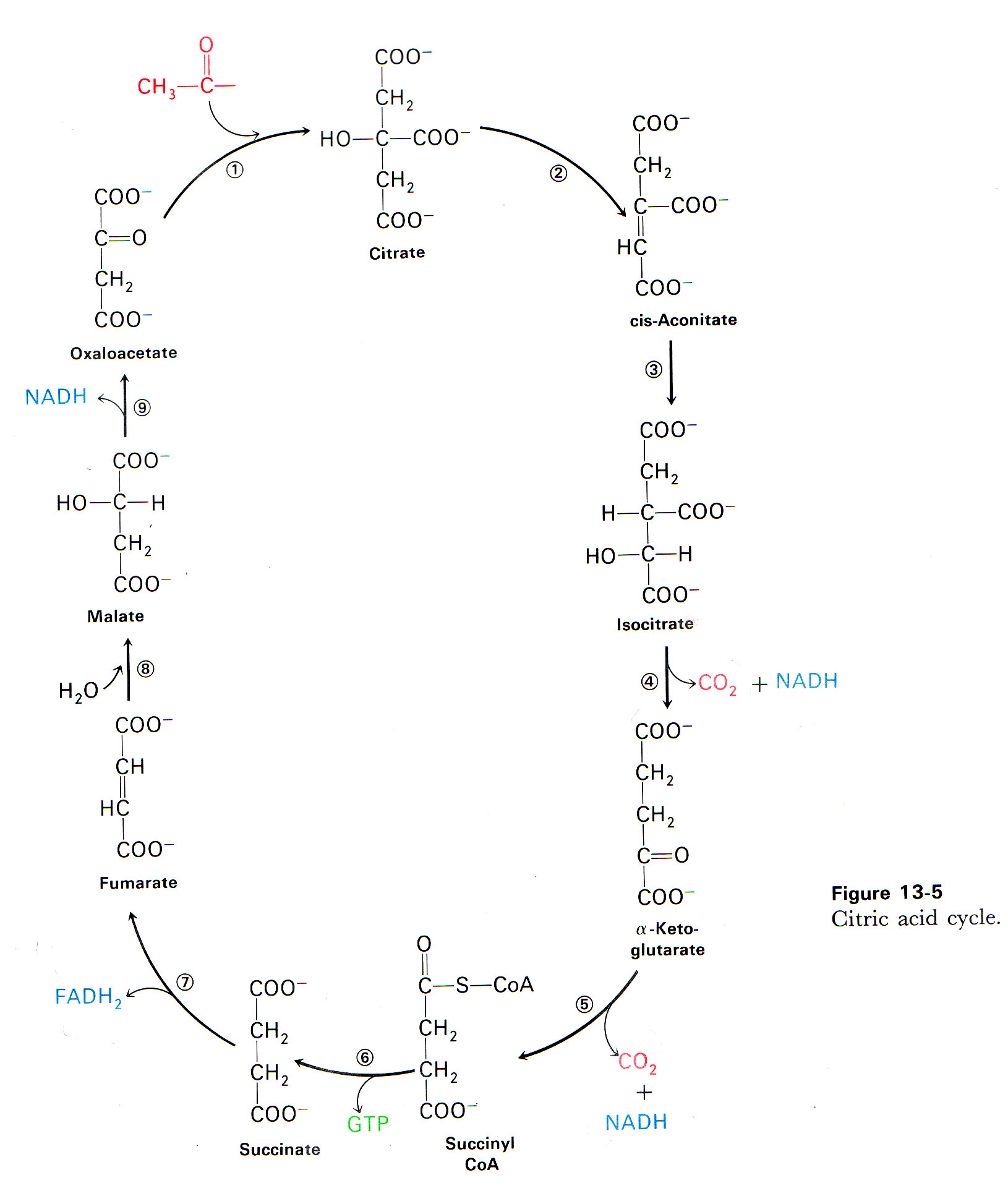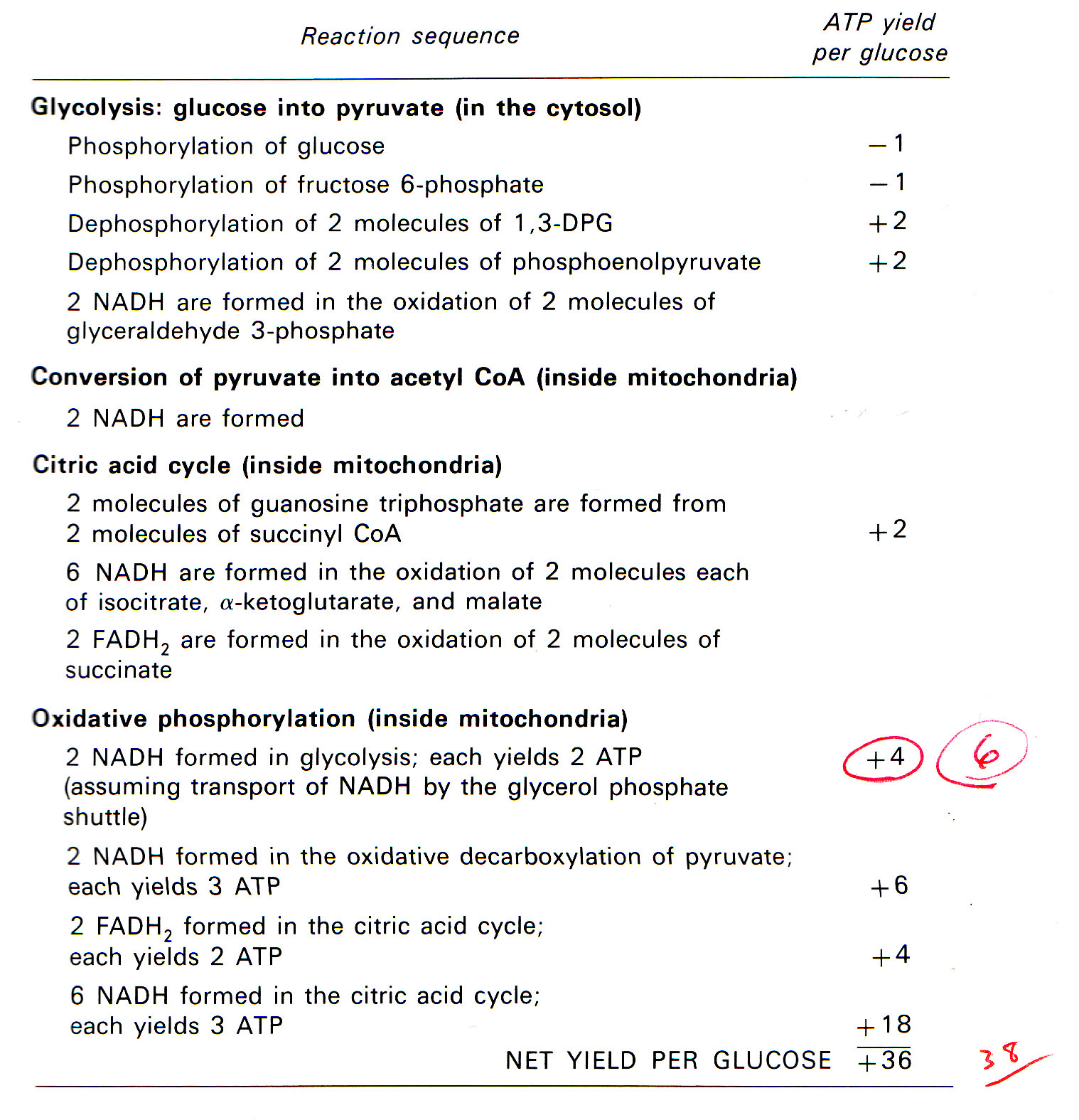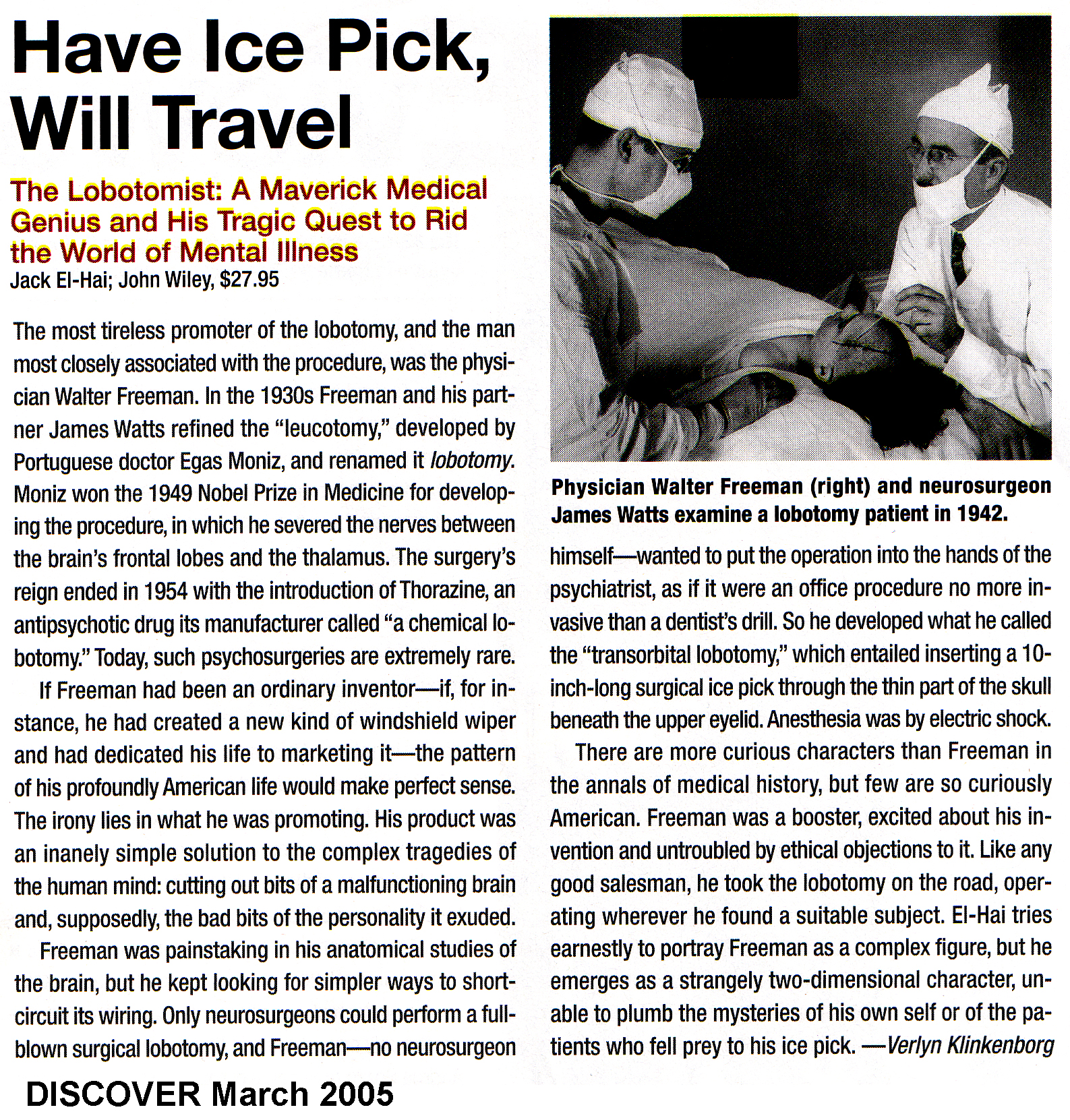|
Biology 350 SUMMER
2011 Instructor: Cooper
Text: Animal Physiology
(5th Edition) by Randall, Burggren, and French
Prereq: BIO 150-153 or equivalent; BIO 315; CHE 105, 107.
Lecture: Biological
Sciences, Rm. 109; MTWRF 08:00AM-10:00AM
Recitation/Lab: MWF 10:30AM-1:30PM, Rm 202 (2nd floor)
Since this is a
summer course the hours of the lecture and lab will be intermixed. So
some lecture material will be given during the lab time and some lab related
material will be given during the lecture times.
Start time:
Lecture: May 10, 2011 to June 7, 2011
http://www.iris.uky.edu/coursecatalog/
Instructor:
Dr. Robin Cooper
RLCOOP1@email.uky.edu
Office: Room 226 Morgan Building
Phone: 257-5950
TA:
Ms. Wenhui Wu
wenhui.wu@uky.edu
Office: Room 226 Morgan Building
Phone: 257-5950
COURSE OUTLINE
Lecture Day, Date, Topic Reading
T....... 5/10....... Introduction to course and physiology .......Chapt
1&2 (Podcast 05102011A)
T....... 5/10 .......Molecules, Energy and Biosynthesis .......Chapt 3 (Podcast 05102011B)
W....... 5/11 .......Membranes, Channels and Transport .......Chapt. 4 Podcast 05112011A, 05112011B, 05112011C)
ECHO files (just click on link and then click on purple box that opens): A:
http://echo.uky.edu:8080/ess/echo/presentation/e2ada223-9d3b-407a-b5af-41c762f2d6da
B:
http://echo.uky.edu:8080/ess/echo/presentation/ee1d0e52-3055-4e00-a352-41f0a07374cb
C:
http://echo.uky.edu:8080/ess/echo/presentation/a2b34827-05ff-4517-b44f-3e2934c3e73a
W ....... 5/11 .......Neuronal function .......Chp 4&5, ( I know it
is going fast so you might need this as
guidance)
TH....... 5/12....... Neuronal function .......Chp 4&5 (Podcast 05122011A, 05122011B)
Th....... 5/12.......Neuronal function....... Chp 4&5
Echo 05122011A or 05122011 B
F....... 5/13 .......Neuronal function-communication .......Chp 6 (podcast 05132011)
Echo 05132011
F.......5/13..............................REVIEW
M ....... 5/16…. Exam 1 (2 hours) …. Followed
by lab time
T.......5/17.......Neuronal function-communication .......Chp 6 ATROPINE
PDF (podcast 05172011A, 05172011B)
T....... 5/17 .......Sensory Mechanisms .......Chapt. 7
ECHO 05172011A, 05172011B
W....... 5/18 .......Sensory Mechanisms .......Chapt. 7 (podcast 05182011A, 05182011B)
W.......5/18 .......Sensory Mechanisms .......Chapt. 7, parts of ch 8
& 11
ECHO 05182011A, 05182011B (some ECHO recordings did not have sound on, so you can use the podcast for hearing the lecture)
TH....... 5/19 .......Muscle .......Chapt.10 (does
it feel like there are 8 days in the week- well hear this go
to
TH....... 5/19 .......Muscle....... Chapt 10, (podcast for the day but on chapter 7 ; 05192011A, 05192011B)
ECHO 05192011A, 05192011B
F......... 5/20 ....... Catch up on Muscle (Chp 10) and Chapters 8 and 9 (podcast 05202011A, 05202011B)
F....... 5/20 ..............................REVIEW & Endocrine: Hormones, mechanisms of action.....Chapt.
9
ECHO 05202011A, 05202011B
M....... 5/23 Catch up time and data review.…. Followed by lab time (podcast 05232011A; 05232011B)
ECHO 05232011A (Only A)
T…… 5/24.....Exam
2 (2 hours)
W……5/25… Endocrine: Thyroid, parathyroid,
adrenal and pancreas .......Chapt. 9 (Podcast 05252011A, 05252011B)
ECHO 05252011A, 05252011B
TH....... 5/26 ......Endocrine: Thyroid, parathyroid, adrenal and pancreas
.......Chapt. 9 (Medical aspects of endocrine-ppt)
TH....... 5/26 .......Endocrine: reproduction .......Chp 9 (podcast 05262011A, 05262011B)
ECHO 05262011A, 05262011B
F ...... 5/27 .......Cardiovascular .......Chapt. 12 (Podcast 05272011A, 05272011B)
ECHO 05272011A, 05272011B
M....... 5/30 Holiday
T….. .5/31……. .......Excretion GI & Renal
.......Chp13 & 14 You need
to relax a bit...here you go play (Podcast 05312011A, 05312011B)
ECHO 05312011A, 05312011B
W……6/1…… we will still be on respriation....Excretion GI & Renal .......Chp13 & 14
REVIEW Followed by lab time
(Podcasts 06012011A, 06012011B) ECHO 06012011A, 06012011B
TH....... 6/2.......Exam 3 (2 hour) (before the exam if you play this you can relax..... play)
F.........6/3......Digestion
.......Chapt. 15 and review of all course content .... (MOVE
ch 14 to here for final exam material)
ALSO Review p.673 (RQ); p677 (fig 16.7); p689 & p691-2; p.703 (fig
17.4); p 707 (fig 17-7)
P 711 (fig17.14); P720 (fig 17.22); page 730-1 (fig 17.33 & 17.35)
(Podcast 06032011A, 06032011B, 06032011C)
ECHO 06032011A, 06032011B, 06032011C
M .....6/6…..….
Catch up time...................REVIEW ......Lab
write up due and make up exams are taken
podcast 06062011A, 06062011B ECHO 06062011A, 06062011B
T…...6./7..... FINAL EXAM @ 8:00-10:00 AM (2
hours) (more fun
here)
Summer
2011
In
this course you will gain knowledge of and an appreciation for the amazing
diversity of strategies animals have developed for being able to survive,
reproduce, and THRIVE in every ecosystem on this planet. Penguins survive
beautifully in Antarctica, but humans can only survive there using extraordinary
measures we would die within minutes if left naked on the shelf. You will
learn WHY penguins survive and we cannot; why some people are diabetic,
and how insulin can control this disease. You will also find out what
happens to your body during exams (sure stress, but what IS stress and
why is it sometimes very useful, other times, deadly?). You'll be able
to amaze your friends, your parents, your employers with your grasp and
knowledge of the intricacies of animal physiology, why starfish 'explode'
if placed in freshwater, what commonalties we share with whales, and much
more. So, get 'psyched' and get ready to work! There is a lot to learn,
but if you keep at it consistently, you'll keep your stress levels down
and enjoy the course.
One
way of defining life is by the living organism's ability to maintain an
internal environment which is different from the external environment.
Furthermore, living organisms maintain a relatively constant internal
environment in spite of the changing external environment. This phenomena
was first clearly described by the great French physiologist Claude Bernard.
The object of this course will be for you to learn how various organ systems
function to bring about a relatively stable internal environment. To fully
understand how organs accomplish homeostasis you must be able to apply
the basic principles of mathematics, chemistry, physics and biochemistry.
Your
understanding of homeostasis and the underlying principles will be tested
four times during the semester. Each examination may consist of multiple
choice, true/false, short answer and/or essay questions. Each of the first
3 examinations will have a possible 90 points. The fourth exam will be
a mix final exam and material covered since the last exam worth 130 points.
The fourth exam will have a substantial part of comprehensive material.
There will only be one make-up exam if one of the other exams is missed.
The make-up will take place immediately after the fourth exam during the
second hour of the two hours allotted during the final exam period. The
makeup will be a comprehensive exam covering the material during the entire
course. Exams may include take home essays or essays
assigned in class prior to exam dates to take home and complete prior
to each exam. The grades on these essays may factor into the lecture exam
grade. The essays are to be emailed and/or printed out as the assignment
will state. These essays will be posted on blackboard and/or the class
www page. It will be the students responsibility to check the blackboard
and/or www page for assignments and the due dates.
There
is a 3 hour lab period with this course. The object of this lab is for
you to ask questions about any material that you did not understand in
either the lectures. Questions are listed for each chapter which you should
understand. These can be discussed during the lab time. You will receive
two points for coming to lab. Lab is the time to ask! Your teaching assistants
are at these labs to help you; however, if you do not prepare yourself
by reading and trying to understand the course material they will not
be able to help. Teaching assistants need feedback at these sessions;
they are not there to lecture and add new material. They are there to
help you understand the material, therefore you must know before you arrive
what you do not understand. Attendance will be taken at each lab and you
will be given 2 points each time you attend. Short quizzes may also be
given (6 points) at the beginning of class and count in the grading of
the lab part of the course. The fraction of the lab grade for the course
will equal 85 points (the total points from assignments and attendance
will be normalized so that 85 total points will be obtained for a perfect
record).
(9
lab days x 6 points) + (9 lab days x 2 points for attending and working)
+ (10 points for lab performace) + (7 points for having data in a meaningful
manner) = 85 points total.
Lab
report:
15 points
Lab
performance: 10
points for lab performace. Counted in lab grade. This is graded based
on you getting data to your facilitator for the section and participating
in the laboratory excercises.
GRADES
There will be a total of approximately 500 points in this course: 90 pts
for Exam 1, 90 points for Exam 2, 90 points for exam 3 and 130 points
for Exam 4 as well as 85 points for attending each lab along with handing
in any homework. One lab write up =15.The final grades will be assigned
based on calculated percentages.
Total
= 500 points
Grade Calculated Percentage Points
A 100-90.0
B 89.9-80.0
C 79.9-70.0
D 69.9-60.0
E 59.9 or lower
*This grading scale is based on expected performance in past sections,
however, we reserve the right to make any necessary changes to the grading
scale based on the final grade distributions.
UNIVERSITY
POLICY ON EXCUSED AND UNEXCUSED ABSENCES
The following are acceptable reasons for excused absences:
1. serious illness of student (doctor's note required)
2. illness or death of family member (doctor's note required)
3. University related trips (such as to a football game for a team member
or band member, official note required)
4. Major religious holidays. Students MUST notify instructor IN WRITING
of all semester holidays to assure being excused.
ABSENCE
FROM LAB, MISSED HOMEWORK ASSIGNMENTS
If you miss a lab, or fail to hand in your homework at the beginning of
class each week, you will lose the points associated with these. If you
want credit for these omissions, you must contact your TA within three
calendar days of the omission and present your TA with a doctor's note
within 3 calendar days of the omission. If you missed the lab or did not
hand in your data or take the quiz on time due to reasons other than illness,
assignment of credit is at the discretion of the TA. You will find that
it is in your best interest to hand in data assignments and take the quiz,
even if late, although you may not receive credit for them.
MAKE
UP EXAMS
If you miss an EXAM #1, 2 or 3, you will have to make up the missed exam
in the hour immediately following the 1st hour of Exam #4. These make-ups
will be comprehensive over the entire textbook.
If
you miss two exams you will be encourage to take an incomplete in the
course.
In
all cases, you must present a doctor's note, or other (as outlined above)
to the instructors within 3 calendar days of missing any exam.
There
is no make up exam for EXAM #4 (Final). If you miss the final, you will
not be able to take an incomplete in the course without discussing with
us the reasons for missing the exam, and then filling out and signing
an incomplete form with the department. If we feel an incomplete is warranted,
we will determine the conditions necessary to satisfy the incomplete at
that time.
REGRADING
EXAMS
We are happy to fix any errors or irregularities in grades. If you feel
that there was an error in grading your exam, you must submit your request
in writing, detailing which questions you feel are in error and why your
answer(s) should receive additional credit. For instance, if there is
information in the text book that supports your answer, quote the information
from the book and provide the page and paragraph number. All requests
must be submitted within 3 days of posting of the answer key in order
for the scores to be changed.
CHEATING
AND PLAGIARISM
Cheating and plagiarism are academic offenses that are not tolerated at
the University of Kentucky. The minimum for either of these offenses is
a failure in the course. Suspension and dismissal may result from repeated
or more serious offenses.
DEAD WEEK
As
previously noted, "Dead Week" refers to the final week of classes
prior to final examinations. In 2009, the University Senate modified the
Dead Week Policy as follows:
5.2.4.6
Dead Week [US: 4/13/09]
1. The last week of instruction of a regular semester is termed "Dead
Week.” In the rest of these Rules, this term also refers to the last
three days of instruction of a summer session and a summer term.
2. In cases of "Take Home" final examinations, students shall
not be required to return the completed examination before the regularly
scheduled examination period for that course.
3. No written examinations, including final examinations, may be scheduled
during the Dead Week.
4. No quizzes may be given during Dead Week.
5. No project/lab practicals/paper/presentation deadlines or oral/listening
examinations may be scheduled to fall during the Dead Week unless it was
scheduled in the syllabus AND the course has no final examination (or
assignment that acts as a final examination) scheduled during finals week.
A course with a lab component may schedule the lab practical of the course
during Dead Week if the lab portion does not also require a Final Examination
during finals week.
6. Make-up exams and quizzes are allowed during Dead Week; these are exempt
from the restrictions stated in C, D and E.
7. Class participation and attendance grades are permitted during Dead
Week.
8. The current wording of this rule does not prohibit continuing into
Dead Week regularly assigned graded homework that was announced in the
class syllabus. [RC: 9/09] |


